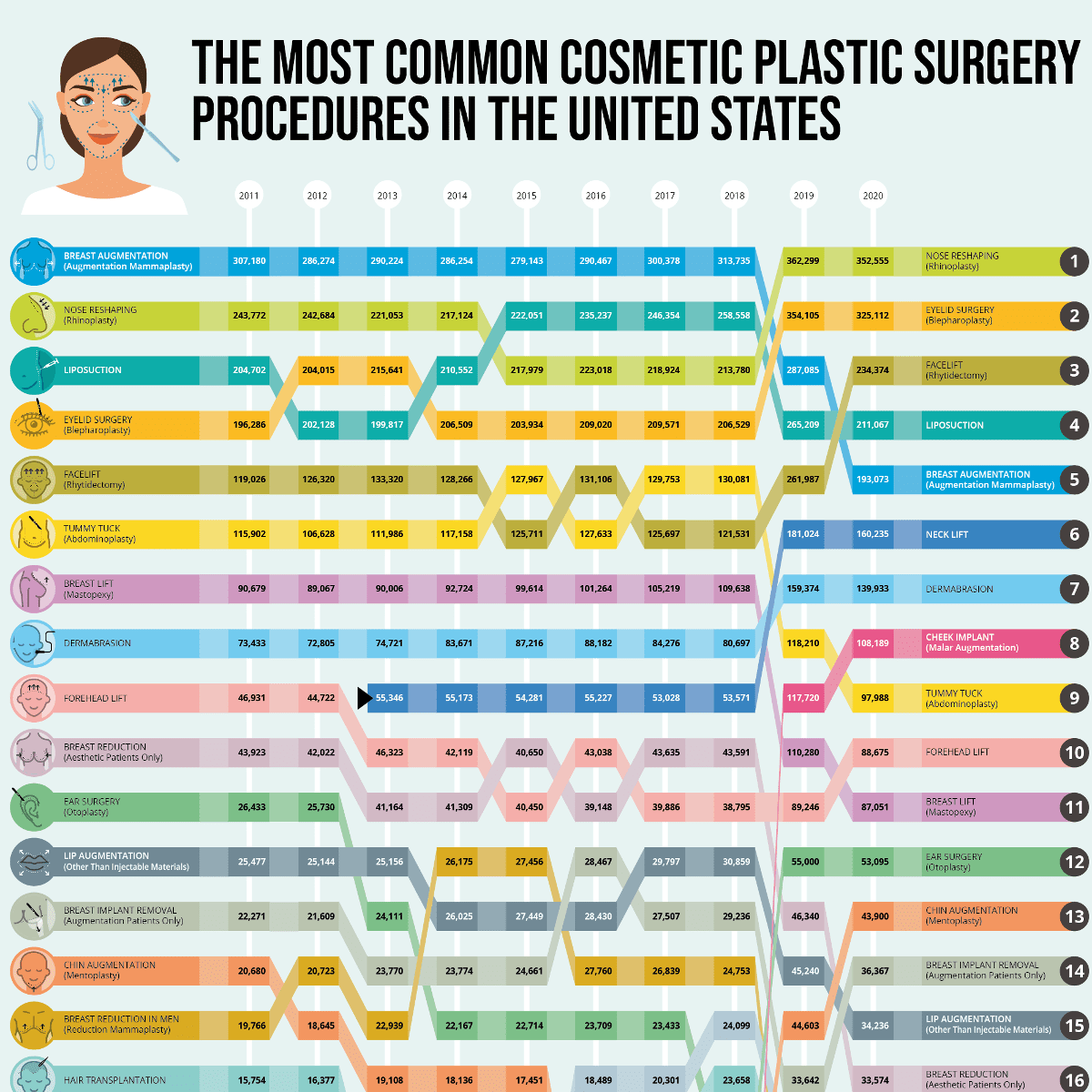Your surgical team has assembled for an early morning procedure. You’re just waiting for the patient to be prepped and brought in. As you finish your preparations, one of your nurses enters and informs you that the patient had forgotten their instructions and had coffee and a donut on the way to surgery.
Unfortunately, the cancellation of elective operations on surgery day is more common than it should be. On average, 14% of elective procedures are canceled on the scheduled surgery day, so reducing last-minute surgery cancellations should be a priority for every medical center.
A 2024 study reported that 59.7% of cancellations after the patient was in the operating room could have easily been prevented, yet we continue to see the trend of canceled, rescheduled, or missed surgeries rising.
The High Cost of Preventable Cancellations
In 2021, the International Journal for Quality in Health Care reported that “US hospitals lose between $1,430 and $1,700 an hour for same-day surgery.”
“It’s an expensive mistake,” said Board-certified Oral and Maxillofacial surgeon Dr. Will Perkinson. “In an outpatient setting, you lose money when your assistants are standing around for an hour waiting for a surgery that never begins.”
A canceled surgery represents a time slot that could have gone to another patient who might have the same health concern, if not a more urgent one. The picture is clear: Reducing last-minute surgery cancellations will directly impact your bottom line.
Factors That Can Lead to Surgery Cancellation: Patient Non-Compliance with Pre-Op Orders
Failure to follow pre-surgery instructions is one of the leading causes of last-minute and day-of cancellations. Patient compliance failures include not eating solid food for 12 hours before surgery.
One of the most common reasons for canceling a procedure is that patients struggle to comply with presurgical routines fully. Intentional or accidental lack of compliance is typically discovered during pre-op screening, leading to the last-minute cancellation of elective operations. Elective surgeries are scheduled weeks or months ahead of time, which can make it challenging to keep his patients up-to-speed on all preoperative tasks.
Factors That Lead to Surgery Cancellation: Patient Anxiety
It’s no accident that morning appointments are the most popular time slots due to the preoperative norm of not eating or drinking before surgery. “Patient anxiety increases exponentially the later in the day it gets,” Dr. Perkinson reports.
A 2014 study by BMC Surgery found that 70% of patients had “significant preoperative anxiety.” Many patients experience anxiety before undergoing surgery due to the unfamiliar surroundings and processes, especially when the procedure involves anesthesia.
Research has shown that increased anxiety before surgery can also hinder patients’ overall health outcomes. Patients may experience high blood pressure during the procedure, triggering complications.
Factors That Lead to Surgery Cancellation: Patient No-Shows
That brings us to another reason for preventable cancellations: the patient doesn’t even show up. A 2012 study in the Journal of Anaesthesiology, Clinical Pharmacology found that 32% of the surgery cancellations at a 500-bed hospital the researchers studied were due to patients not showing up for their scheduled procedure.
Part of the challenge patients face when getting ready for surgery, along with the burden of mentally preparing themselves, is that it’s easy to forget or misplace the preoperative instructions they received before their surgical appointment.
Factors That Lead to Surgery Cancellation: Medically Unfit Patient
A third reason for surgical cancellations is that when the patient does arrive for the procedure, they are found to be medically unfit. A 2013 study published in the Journal of Anesthesia & Clinical Research found that changes in the patient’s medical condition accounted for about 10% of surgical cancellations.
Most elective procedures are scheduled weeks, if not months, in advance. According to OECD data, the median wait time for elective surgery is 3-4 months. During that period, the patient’s condition can change significantly.
Dr. Perkinson says at his practice, his clinical team might schedule a procedure like wisdom teeth removal up to 6 months in advance, which makes it challenging to keep his patients up-to-speed on all preoperative tasks.
Using Digital Health Tools to Reduce Cancellation of Elective Surgeries
Optimizing communication between providers and patients is critical to reducing last-minute surgery cancellations. Communication must be easy to access, and instructions must be easy to understand.
70% of American adults said they check their phones within 5 minutes of receiving a personalized notification. Provider offices like Dr. Perkinson’s call dozens, sometimes hundreds, of patients daily to remind them of preoperative procedural instructions. Still, only a fraction of the patients may answer the phone.
For those who don’t answer, the clinical team cannot know if patients received the information. Based on the above data, providers are far more likely to reach patients digitally. “I think people respond better to a text message,” Dr. Perkinson said. They can look at the message on their own time instead of trying to answer the phone while distracted by other things.”
Text messages and apps like Calcium’s perioperative care system automate sending updated patient instructions and information in real-time.
How digital health tools can help eliminate the three types of last-minute preventable cancellations noted above:
- Pre-op instructions: Digital health apps can continuously guide patients on the days and even hours before the procedure to ensure they follow their surgeon’s pre-op instructions. For example, Calcium’s perioperative care solution can provide email and push notification reminders even in the hours before the procedure to keep the patient on track.
- Anxiety reduction: A digital health app can help reduce a patient’s anxiety about the surgery by providing education, affirmation, and action steps to help calm the patient. For example, Calcium’s perioperative care solution can provide informative videos and articles. But it can also provide steps to help patients calm themselves, quick checks, and the ability to allow surgical centers to monitor their anxiety levels.
- Staying medically fit: A digital health app can monitor a patient’s medical condition and continued eligibility for a procedure over weeks and months. For example, Calcium’s perioperative care solution can monitor the patient’s weight, blood pressure, and other metrics as the patient waits for the scheduled procedure. The app can then alert the surgical coordinator if the surgery needs to be planned – days or even weeks ahead of time.
Using Digital Health to Reduce Cancellation of Elective Operations and Improve Post-op Recovery
Preoperative education and communication are critical to a successful surgery, but this dialogue between providers and patients is just as meaningful after the procedure. Patients typically have personal care routines they must follow throughout the recovery period to avoid ending up in the hospital.
According to the Nationwide Readmissions Database, approximately 22% of patients are readmitted to the hospital within 90 days of surgery. The most common reason for hospital readmission is surgical wound infections, which can cause patients significant pain. Regular reminders about how to keep the surgical area clean or what to do if they experience post-op itching help keep many patients out of the hospital.
Reducing Waste While Improving Patient Readiness, Perioperative Care Quality, and Surgical Health Outcomes
Another significant benefit of the evolving digital health industry is that providers and clinicians can reduce waste (or loss) while improving health outcomes and patient satisfaction.
Surgery centers and surgeons can now eliminate much of the annoyance and cost of preventable same-day cancellations. Digital health technology, such as Calcium’s Perioperative care solution, helps to optimize patient engagement, education, and monitoring that, in turn, helps improve patient compliance with follow-up treatment plans and overall health outcomes.
In addition to improving patient satisfaction, these solutions can help improve staff productivity and satisfaction.
Surgery Cancellations Are Preventable: Request A Free Demo Today and Let Us Show You How Calcium Health’s Perioperative Care Solution Can Help

















